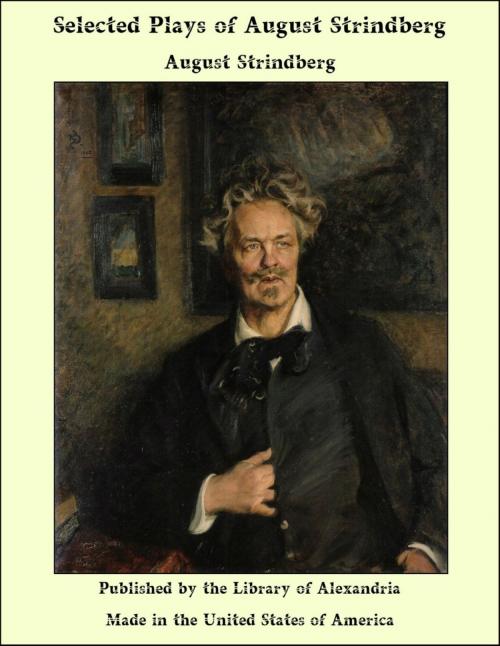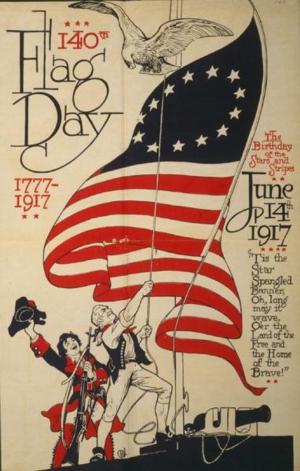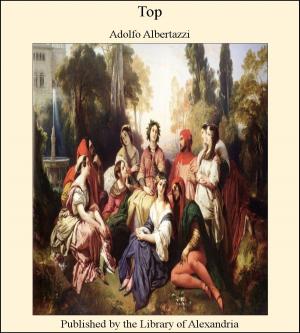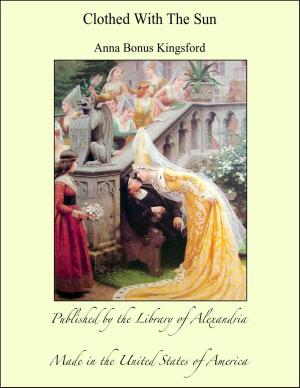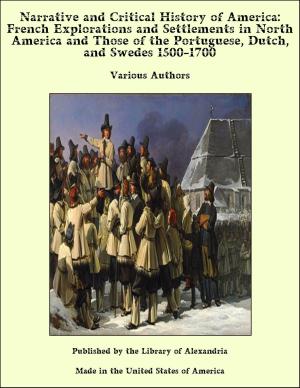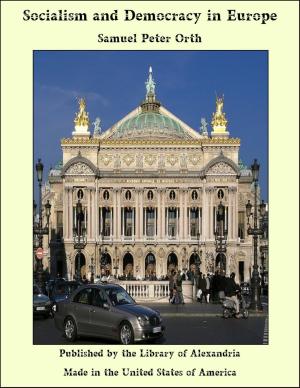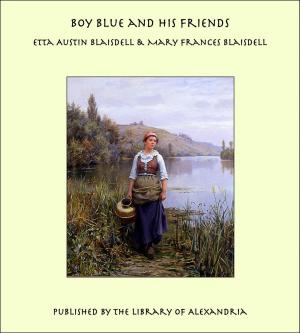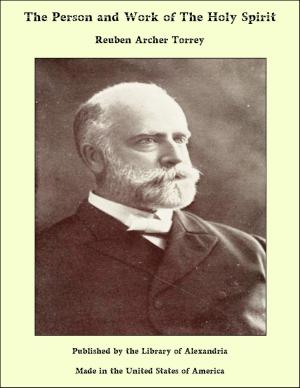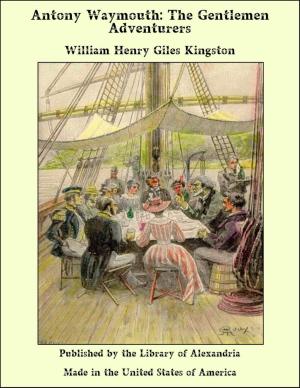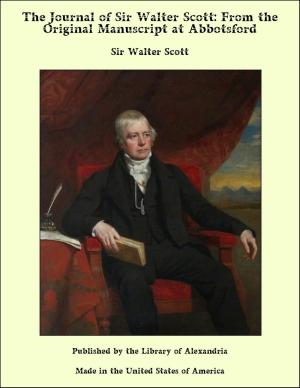Selected Plays of August Strindberg
Nonfiction, Religion & Spirituality, New Age, History, Fiction & Literature| Author: | August Strindberg | ISBN: | 9781465595188 |
| Publisher: | Library of Alexandria | Publication: | March 8, 2015 |
| Imprint: | Language: | English |
| Author: | August Strindberg |
| ISBN: | 9781465595188 |
| Publisher: | Library of Alexandria |
| Publication: | March 8, 2015 |
| Imprint: | |
| Language: | English |
August Strindberg died at Stockholm On May 14, 1912, just ten days after the first of his plays given in English in the United States had completed a month's engagement. This play was "The Father," which, on April 9, 1912, was produced at the Berkeley Theatre in New York, the same little theatre that witnessed in 1894 the first performance in this country of Ibsen's "Ghosts." It happened that August Lindberg, the eminent Swedish actor and friend of Strindberg [who, by the way, was the first producer of "Ghosts" in any language], was visiting this country and came to see a performance of "The Father." His enthusiasm over the interpretation given Strindberg, in the English rendering of the play as well as in the acting, led him to cable a congratulatory message to Strindberg; and upon departing for Stockholm, he asked for some of the many letters of appreciation from significant sources which the production of "The Father" had called forth. These he wished to give to Strindberg as further assurance "that he has," to use Herr Lindberg's words, "the right representatives in this country." It is gratifying to those who esteem it a rare privilege to be the introducers of Strindberg's powerful dramatic art to the American stage to know that he finally found his genius recognized on this side of the ocean. "Comrades," the first play in the present volume, belongs to the same momentous creative period as "The Father" and "Countess Julie," although there is little anecdotic history attaching to this vigorous comedy. It was written in Denmark, where Strindberg, after finishing "The Father" in Switzerland in 1887, went with his family to live for two years, and was published March 21, 1888.
August Strindberg died at Stockholm On May 14, 1912, just ten days after the first of his plays given in English in the United States had completed a month's engagement. This play was "The Father," which, on April 9, 1912, was produced at the Berkeley Theatre in New York, the same little theatre that witnessed in 1894 the first performance in this country of Ibsen's "Ghosts." It happened that August Lindberg, the eminent Swedish actor and friend of Strindberg [who, by the way, was the first producer of "Ghosts" in any language], was visiting this country and came to see a performance of "The Father." His enthusiasm over the interpretation given Strindberg, in the English rendering of the play as well as in the acting, led him to cable a congratulatory message to Strindberg; and upon departing for Stockholm, he asked for some of the many letters of appreciation from significant sources which the production of "The Father" had called forth. These he wished to give to Strindberg as further assurance "that he has," to use Herr Lindberg's words, "the right representatives in this country." It is gratifying to those who esteem it a rare privilege to be the introducers of Strindberg's powerful dramatic art to the American stage to know that he finally found his genius recognized on this side of the ocean. "Comrades," the first play in the present volume, belongs to the same momentous creative period as "The Father" and "Countess Julie," although there is little anecdotic history attaching to this vigorous comedy. It was written in Denmark, where Strindberg, after finishing "The Father" in Switzerland in 1887, went with his family to live for two years, and was published March 21, 1888.
